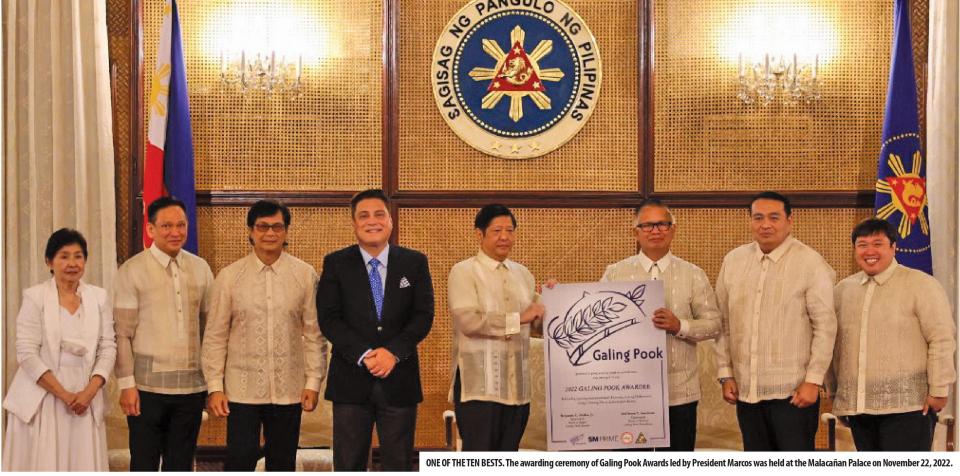To raise the competitiveness of Philippine products, the Department of Trade and Industry (DTI) is pushing for the establishment of the National Quality Infrastructure (NQI) that will harmonize the country’s strategies on standards, testing, certification and quality accreditation.
DTI Chief Adrian S. Cristobal Jr. said the need to put emphasis on the quality of locally made products has become urgent as the country pursues numerous bilateral and regional free-trade agreements (FTAs).
“We will continue to craft a bill for a National Quality Infrastructure. We are not sure what will happen to the bill in this Congress, but it’s never too late to plant the seed. With our FTAs, with Asean and with tariffs at zero for many products, the competition now will focus on quality, so it’s important that we start pushing for a National Quality Infrastructure,” Cristobal said.
The DTI official said that, under his leadership, the consumer-protection thrust of the department will be augmented by an emphasis on quality, and, thus, the push for the creation of the NQI.
The NQI has been identified in the government’s Philippine Development Plan 2011-2016, and the DTI and the National Competitiveness Council (NCC) have been crafting since 2014 a draft bill to institutionalize the NQI framework. The measure, however, has yet to find a sponsor in the 16th Congress.
For its part, the leadership of the House of Representatives said it will study the DTI’s proposal.
Speaker Feliciano Belmonte Jr., in a text message, said the House Committee on Trade and Industry, headed by Nacionalista Party Rep. Mark Villar of Las Piñas, and House Committee on Ways and Means, headed by Liberal Party (LP) Rep. Romero Quimbo of Marikina City, can sponsor the trade agency’s proposal should the DTI and the NCC manage to finish the draft.
“Any member or two of the two committees can sponsor the bill that promotes healthy competition,” he said.
Villar, meanwhile, said it is high time the government intensified efforts to raise awareness with regard to the quality of local products, saying that the NQI can be used as a springboard toward global competitiveness.
“In light of the Asean integration, and in view of studies made comparing local products with those of the other Asean countries’ I support this move to bolster the quality of our products,” Villar said.
However, the lawmaker said that further studies should be made on the viability of the proposed NQI, and how it can affect small and medium enterprises, which comprise more than 90 percent of the business enterprises operating in the Philippines.
House Committee on Trade and Industry Vice Chairman and LP Rep. Anthony del Rosario of Davao del Norte said he is willing to sponsor a bill that seeks to improve the quality of Philippine-made products.
“Too early to say, since I have not read it [proposal]. However, if it will improve the quality of Philippine products, then I am very much interested to sponsor that bill,” del Rosario said.
NCC Chairman Guillermo M. Luz, for his part, said the present form is still a draft.
Cristobal said that, even with the uncertainty of the NQI to be passed in the 16th Congress, the DTI will still push for this cause.
Export Marketing Bureau Director Senen M. Perlada, in a previous interview, said they have requested P600 million to fund the implementation of the NQI.
The budget will be spread across the different agencies tasked to implement the framework, which include the Department of Science and Technology and the Bureau of Product Standards (BPS).
Standards harmonization and quality compliance is a mandate of the DTI’s BPS.
BPS Director in Charge Claire C. Cabochan has emphasized the need to put Philippine National Standards on a par with international standards.
Differing product standards between and among countries can serve as technical barriers to trade, as cited in the World Trade Organization’s “Technical Barriers to Trade Agreement,” among whose signatories include the Philippines.
According to a presentation made by lawyer Cabochan at the recently held National Export Congress, the NQI, once established, should serve as a unified system to facilitate trade flows, and not just for consumer protection.


































